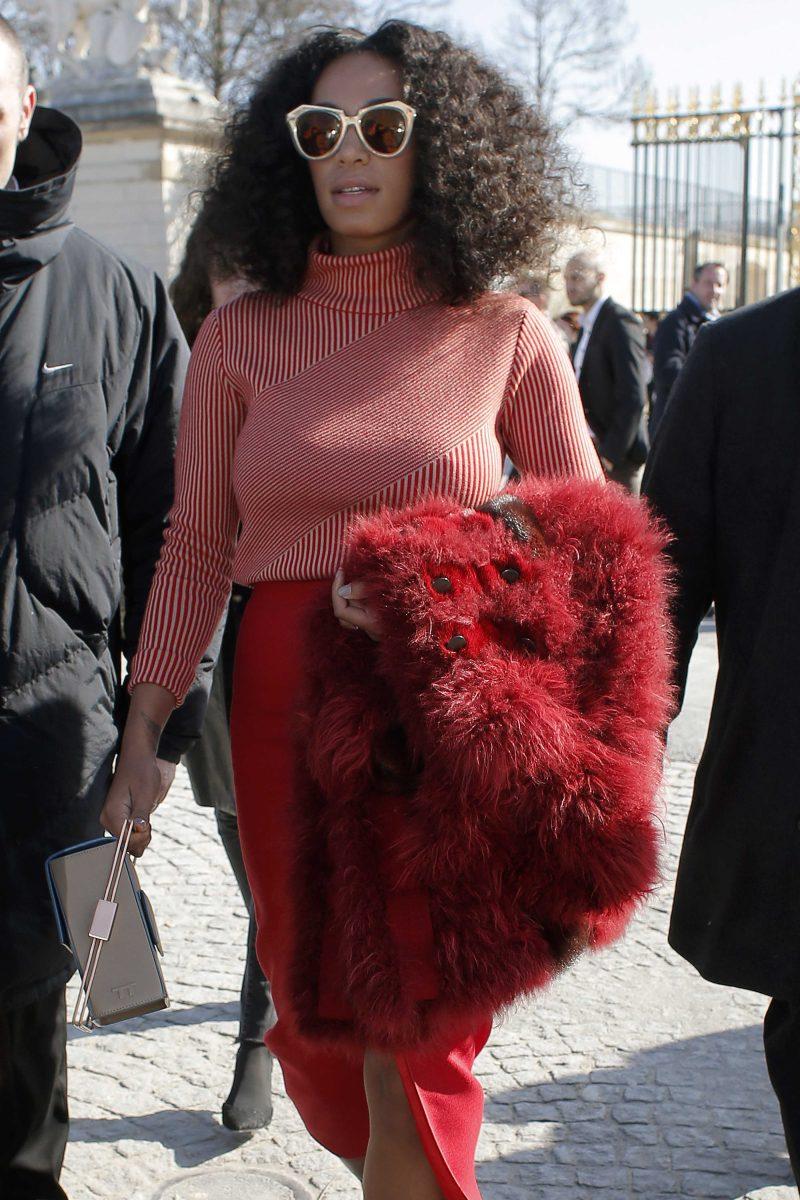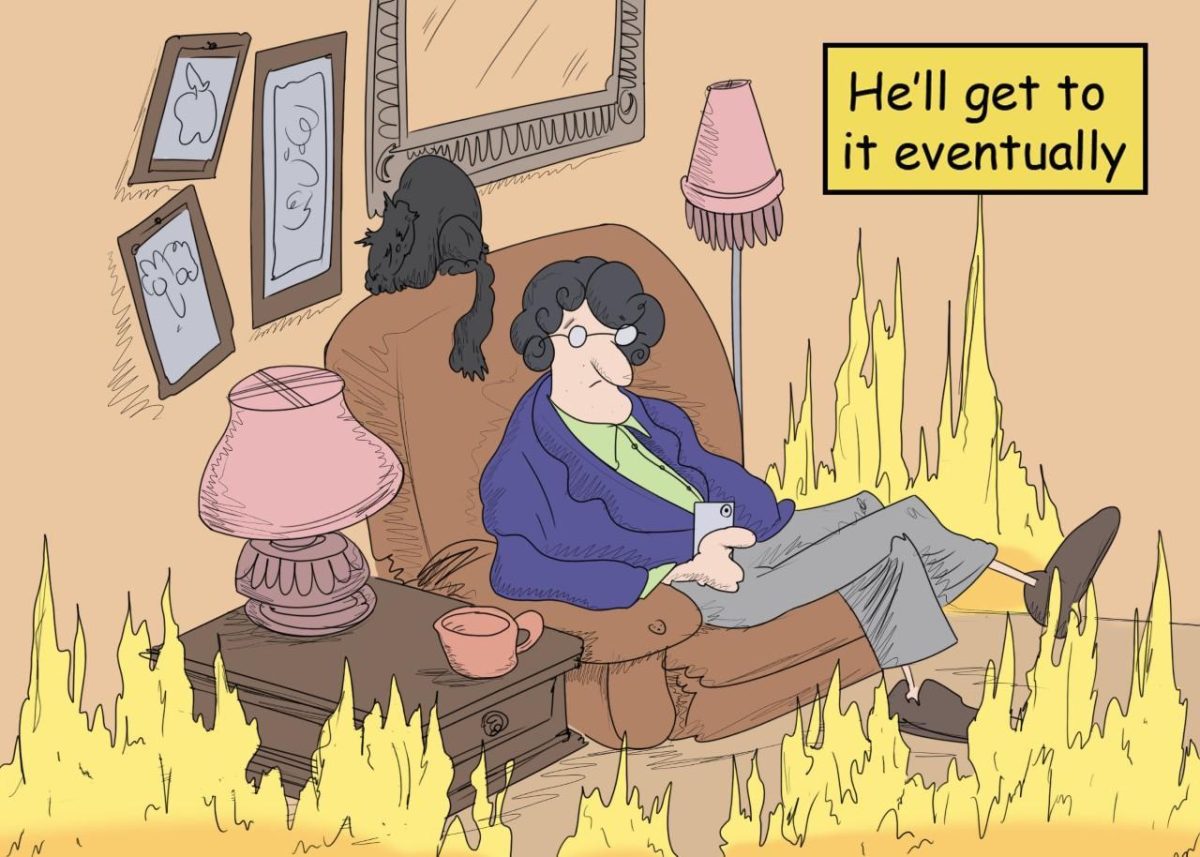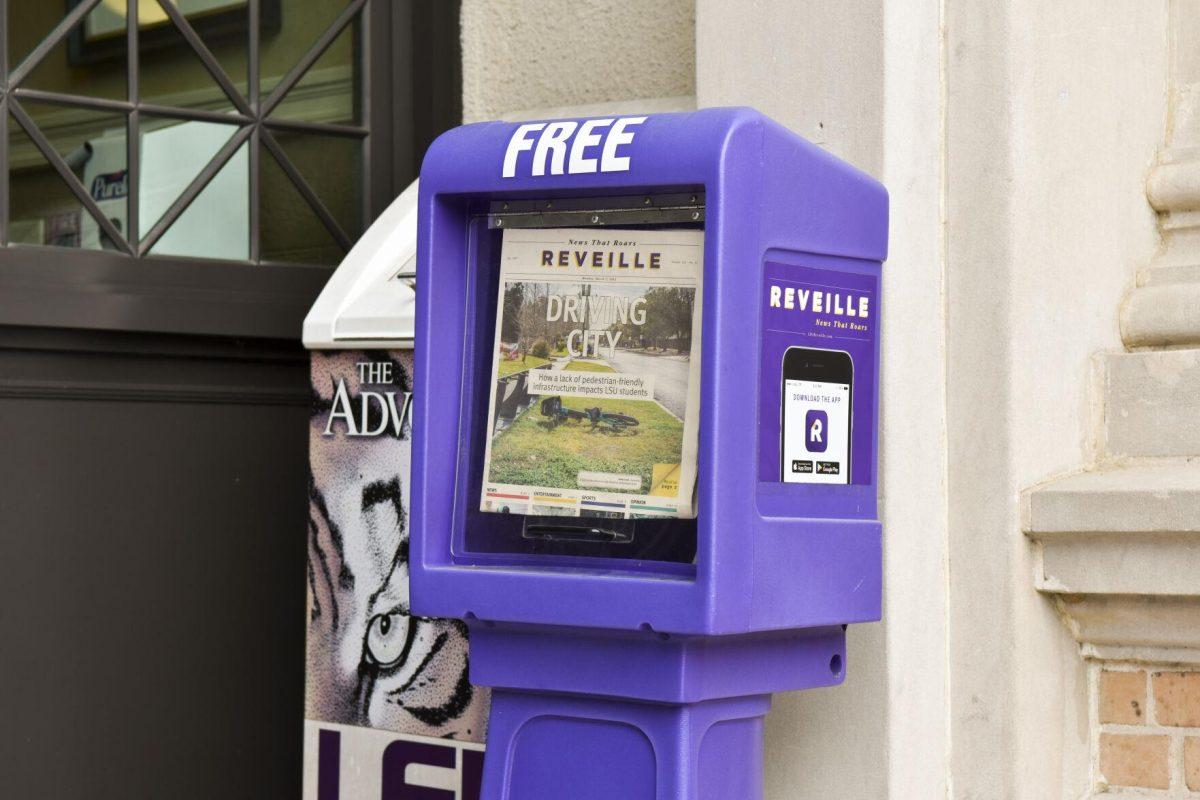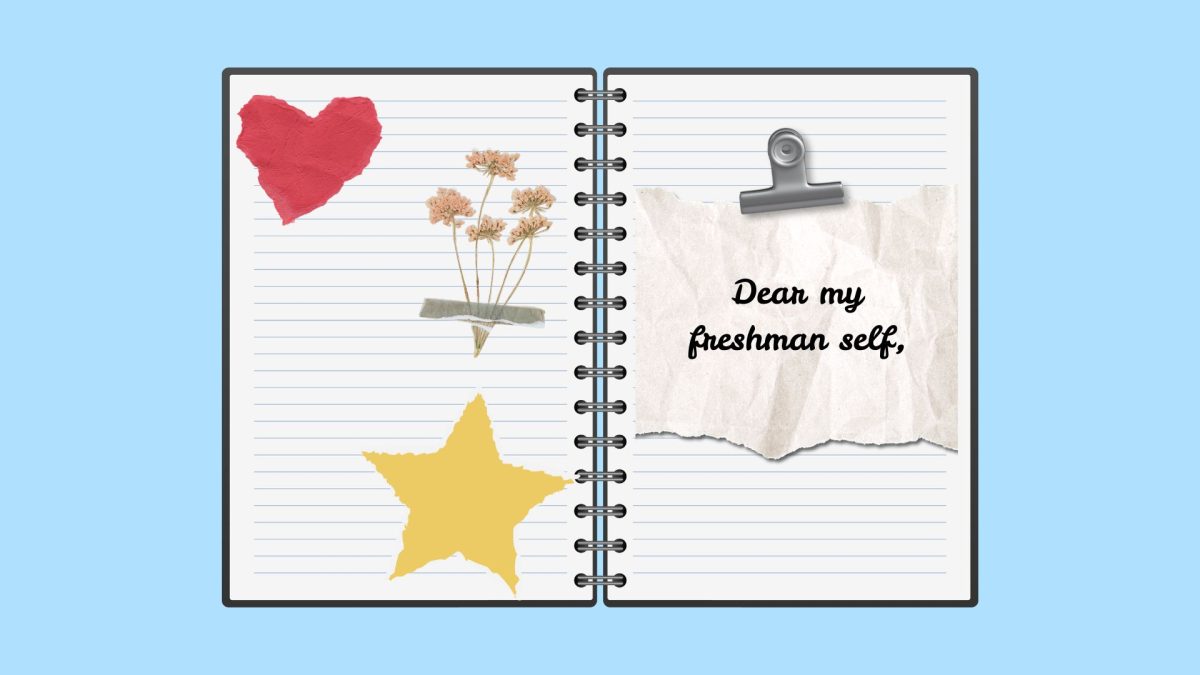Hair is simply threadlike strands that grow from your head, and whether it is straight, curly, kinky, wavy or dreadlocked, you shouldn’t be judged or discriminated against because of it.
It has always been hard for many African-American women to embrace their natural hair because of what the norm is thought to be: bone straight and without a curl in sight. Many black women have been discriminated against in their daily lives because of their hair.
Last week, 19-year-old Lettia McNickle, a hostess at Madisons New York Bar and Grill, felt discriminated against after she arrived at work with her hair braided. After being yelled at and having her hair called “ridiculous” by her boss in front of everyone, she was forced to leave.
The owners of the restaurant said McNickle is still on payroll, but she doesn’t have as many hours because she is always unavailable. McNickle begs to differ, claiming she has been available for many hours, yet her shifts have still been cut for three weeks straight.
After investigating the incident, the Center for Research-Action on Race Relations has filed a complaint with the Human Rights Commission. This case is one of many examples of a black woman being discriminated against.
People may not be asked to leave their jobs every day because of the style or texture of their hair, but discrimination and bullying happens daily.
QVC hostess Sandra Bennett made a disrespectful remark toward model Michelle Holloway’s naturally curling hair saying, “You might look back and think ‘Why did I wear my hair like that?’”
Around the same time, Giuliana Rancic made a disrespectful mark toward actress Zendaya’s Oscar red carpet dreadlocks, saying, “I feel like she smells like patchouli oil, or maybe weed.”
Both women openly apologized, but they weren’t sorry they said it, they were sorry the public turned their backs on them.
Young black girls have been bullied for the way their moms style their hair — double strand twists, plats or maybe natural double buns.
As a child, when I would wear my hair naturally curly or in multiple double strand twists, I always felt bullied and judged. I can’t count how many times someone at my predominately white school asked if they could touch my hair, told me my hair wasn’t long enough or asked me to sit in the back because they couldn’t see the board over my hair. I don’t necessarily believe these kids were intentionally trying to bully me, but that’s also part of the problem.
Unfortunately, I got a perm as soon as my mom thought I was old enough. I was sick of being the black sheep at school. I insisted on putting these chemicals in my hair that would finally lay my hair straight down.
I regret it today. I ruined my unique curl pattern and cried as I got all of the damaged hair chopped off so I could start from scratch — perm free. I vowed to never put another chemical in my hair. And I’ve held true to my vows, but it would be a lot easier without the looks and remarks I still receive.
Even though it may not seem like a big deal to some people to have a person walk up to you in “amazement” with their fingers running through your hair, it’s quite offensive to many black women. It can make some of us feel like we’re the main source of entertainment at the circus. But we are not. We are African queens. Our hair is a unique gift that not everyone was blessed with.
As a college student, I’m not asked to move to the back because I’m blocking someone’s vision anymore, but I now receive the aggravating question, “Do you wear weave?” or “How does a weave work?”
This is one of the most annoying conversations I can have with someone. At the end of the day, it doesn’t matter whether you’ve “never seen anything like it” because what’s on my head is mine, and you have no right to question it.
People are failing to remember it’s just hair — beautiful African, natural hair to be exact. As black women, we have the ability to do many different things with our hair. We can wear our hair curly, straight, afro-styled or with a weave if we really want to. Why? Because it’s our hair, and we can and will embrace it.
Black women will forever wear their hair however they feel, but it would more fair and much easier to do so if the discrimination and judging would finally end.
Clarke Perkins is a 19-year-old political science freshman from New Orleans. You can reach her on Twitter @ClarkePerkins.
Opinion: Society should accept black women’s natural hair
March 24, 2015
U.S singer Solange Knowles leaves Carven’s ready-to-wear fall-winter 2015/2016 fashion collection presented during Paris Fashion Week, in Paris, France, Thursday, March 5, 2015. (AP Photo/Thibault Camus)
More to Discover











